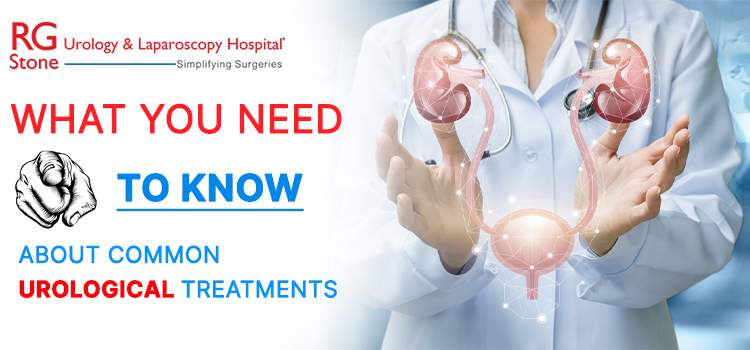When a woman gets pregnant, during the journey, her body’s function and hormones constantly change that can affect her bladder health. While most women know about symptoms such as morning sickness and weight gain, they do not notice bladder. The bladder is a vital organ in the human body because that organ stores urine during pregnancy. Ignoring bladder conditions can contribute to severe bladder-related issues. If you notice unusual symptoms, then consult the Best Urologist in Ludhiana for reliable treatment.
The Impact of Pregnancy on Bladder Health
Increased urinary frequency
Having to urinate all the time is one of the most common pregnancy-related issues because of the strain from developing the uterus to support the growing fetus. In that condition, the bladder reduces the ability to store urine. Hormonal changes also affect the bladder, such as progesterone levels. Taking a timely bathroom break can help to relax the muscles around the bladder.
Urinary incontinence
Many women during pregnancy face urinary incontinence issues. In these conditions, women’s pelvic muscles weaken and put the pressure of the fetus on the bladder. Breathing in, sneezing, coughing, laughing, and more can put pressure on the bladder and result in leaks.
Urinary tract infections (UTIs)
Due to hormonal changes, increased frequency of urination and pressure on the bladder causes and raises the possibility of urinary tract infections . In this condition, pregnant women feel discomfort and pain. If you are experiencing burning during urination or cloudy urine, it is essential to consult with the Best Urologist in Ludhiana for treatment if this condition is untreated and can cause severe issues such as kidney infections.
Pelvic organ Prolapse
Pelvic organ prolapse is a disease. In which the bladder, uterus or rectum fall into the vaginal canal. It can happen during pregnancy and childbirth.
Tips for Managing Bladder Changes During Pregnancy
If you are pregnant, then you need to pay attention to your bladder changes. Managing bladder changes can help to provide comfort and minimize future risks. Here are some strategies, such as
Timely go bathroom
You can go to the bathroom in a timely manner that can help to manage urinary frequency and prevent serious urinary tract issues.
Healthy lifestyle choices
You opt for healthy lifestyle choices including a balanced diet, regular physical activity and avoid caffeine consumption and alcohol that can help maintain bladder health during the pregnancy.
Pelvic floor exercise
You can do some pelvic floor exercise that can help to strengthen and improve your bladder control. It also helps to decrease the risk of urinary incontinence.
Stay hydrated
Drink lots of water that can help your body stay hydrated and decrease the risk of urinary-related issues.
Seek medical guidance
If you are noticing unusual and severe bladder related signs during the pregnancy like blood in urine, difficulty urination, acute pain and more then visit the hospital and discuss your concerns with the Best Urologist in Ludhiana. They can evaluate your condition and provide proper treatment.
Pregnancy can have a major impact on the bladder that contributes to increased urination, urinary incontinence and urinary related infection and more. When you understand the condition and follow managing tips that are useful for pregnant women and unborn babies. If you are feeling uncomfortable during the urination and notice unusual symptoms, consult the Best Urologist in Ludhiana at RG Stone Urology & Laparoscopy Hospital.






